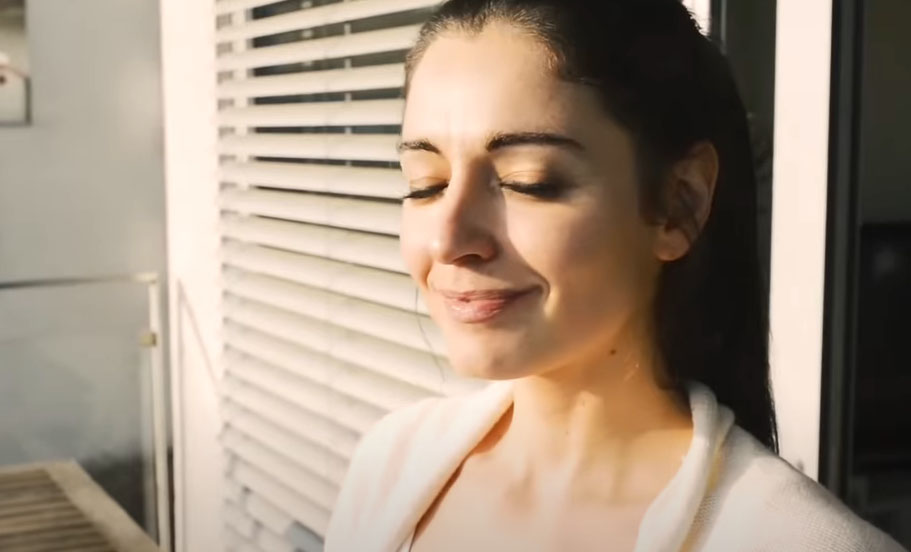
In the vast expanse of South Virginia, where the hot sun beats down on the arid land, a battle is being fought. It is a silent war, one that takes place within the minds and bodies of individuals facing the invisible demons of co-occurring disorders.
These individuals find solace and hope in the realm of effective treatment, where the power of cognitive behavioral therapy (CBT) and specialized care programs converge to offer a lifeline.
Co-occurring disorders, the simultaneous presence of substance abuse and mental health conditions, pose a unique challenge for those afflicted. However, in South Virginia, a beacon of light shines through the darkness, illuminating the path towards healing and recovery.
Through a comprehensive approach that combines evidence-based practices and a deep understanding of the complexities of these disorders, individuals can break free from the chains that bind them.
This article delves into the depths of co-occurring disorder treatment in South Virginia, exploring the treatment options available and highlighting the importance of liberating oneself from the clutches of these pervasive conditions.
Co-occurring disorders treatment refers to the use of cognitive behavioral therapy (CBT) and other therapeutic approaches to address both substance abuse and mental health issues in individuals, with the goal of equipping them with coping skills to overcome drug abuse and manage emotional or psychological problems. It is a comprehensive and integrated approach that recognizes the interconnected nature of substance abuse and mental health disorders.
This type of treatment is crucial because individuals with co-occurring disorders often face unique challenges that can hinder their recovery process. The importance of co-occurring disorders treatment cannot be overstated. Many individuals who struggle with substance abuse also have underlying mental health issues such as depression, anxiety, or post-traumatic stress disorder (PTSD).
These mental health issues can contribute to the development and maintenance of substance abuse problems, making it difficult for individuals to achieve lasting recovery. By addressing both the substance abuse and mental health issues concurrently, co-occurring disorders treatment offers a more holistic and effective approach to treatment. It recognizes that treating one aspect without addressing the other may lead to relapse or the worsening of symptoms.
By equipping individuals with coping skills and providing them with the necessary support, co-occurring disorders treatment aims to improve overall well-being and promote long-term recovery.
Quitting substance abuse cold turkey can be dangerous. Learn how to safely detox - and make it last - by reaching out. All calls are 100% free and confidential.
(434) 261-1324One of the available treatment options here at Hope Harbor in South Virginia includes a program that combines medication management, cognitive behavioral therapy, motivational enhancement therapy, group and individual therapy, and family engagement.
Medication management is an essential component of co-occurring disorder treatment as it helps to address the underlying mental health conditions that may contribute to substance abuse. By carefully prescribing and monitoring medications, healthcare professionals can help individuals manage symptoms such as depression, anxiety, or bipolar disorder, which may increase the risk of substance abuse.
In addition to medication management, group therapy is another crucial aspect of treatment for co-occurring disorders. Group therapy provides individuals with a supportive environment where they can share their experiences, learn from others, and develop coping skills. It offers a sense of belonging and community, reducing feelings of isolation and providing individuals with the opportunity to learn from others who may have similar struggles. Research has shown that group therapy can be particularly effective in treating co-occurring disorders as it allows individuals to practice social skills, gain insight into their own behaviors and emotions, and receive support from peers who understand their challenges.
The treatment options available for co-occurring disorders in South Virginia include a comprehensive program that incorporates medication management, cognitive behavioral therapy, motivational enhancement therapy, group and individual therapy, and family engagement. Medication management helps to address underlying mental health conditions, while group therapy provides a supportive environment for individuals to share their experiences and develop coping skills.
By combining these approaches, individuals with co-occurring disorders can receive the comprehensive care they need to break free from substance abuse and manage their emotional or psychological problems effectively.
The Hope Harbor program in South Virginia provides a comprehensive approach to addressing co-occurring disorders through a combination of medication management, cognitive behavioral therapy, motivational enhancement therapy, group and individual therapy, and family engagement.
This multi-faceted approach allows for a more holistic and personalized treatment experience for individuals with co-occurring disorders.
Medication management is an important component of the program, as it can help to stabilize and manage symptoms of mental health disorders, such as depression or anxiety, while also addressing substance abuse issues.
Cognitive behavioral therapy (CBT) is a key therapeutic approach used in this program, as it focuses on identifying and changing negative thought patterns and behaviors that contribute to both mental health and substance abuse issues.
Motivational enhancement therapy is also utilized to help individuals find motivation and build confidence in their ability to make positive changes in their lives.
Group therapy provides an opportunity for individuals to connect with others who may be facing similar challenges, while also receiving support and encouragement from peers.
Individual therapy is another important component of the program, as it allows for a more personalized and tailored approach to treatment. In individual therapy sessions, individuals can explore their unique experiences, challenges, and goals, while also developing coping skills and strategies to manage their co-occurring disorders.
Family engagement is also emphasized within the program, recognizing the important role that family can play in supporting individuals with co-occurring disorders. By involving family members in the treatment process, the program aims to strengthen family relationships, improve communication, and provide support for both individuals and their loved ones.
Overall, the program in South Virginia offers a comprehensive and evidence-based approach to treating co-occurring disorders, with a focus on individual therapy and a range of therapeutic modalities to address the unique needs of each individual.

The intensive outpatient program (IOP) in North Virginia typically lasts for several weeks. Its success rates can vary depending on individual factors and compliance with the program. How effective is the IOP?
Families of teens in the intensive outpatient program (IOP) in North Virginia have access to additional resources and support systems. These may include family therapy, support groups, educational materials, and referral services to address their specific needs and challenges associated with co-occurring disorders.
Determining eligibility for the intensive outpatient program (IOP) involves assessing the severity of co-occurring disorders and the ability to participate in group therapy. The program duration is typically 6-12 weeks.
Alternative therapies may be considered for teens who do not respond well to cognitive behavioral therapy. These options may include mindfulness-based therapies, dialectical behavior therapy, art therapy, equine-assisted therapy, and other holistic approaches.
The program addresses the specific needs and challenges of teens with co-occurring disorders through a tailored approach that incorporates medication management, cognitive behavioral therapy, motivational enhancement therapy, group and individual therapy, and family engagement.
Quitting substance abuse cold turkey can be dangerous. Learn how to safely detox - and make it last - by reaching out. All calls are 100% free and confidential.
(434) 261-1324
© 2024 Hope Harbor. All Rights Reserved | Sitemap
